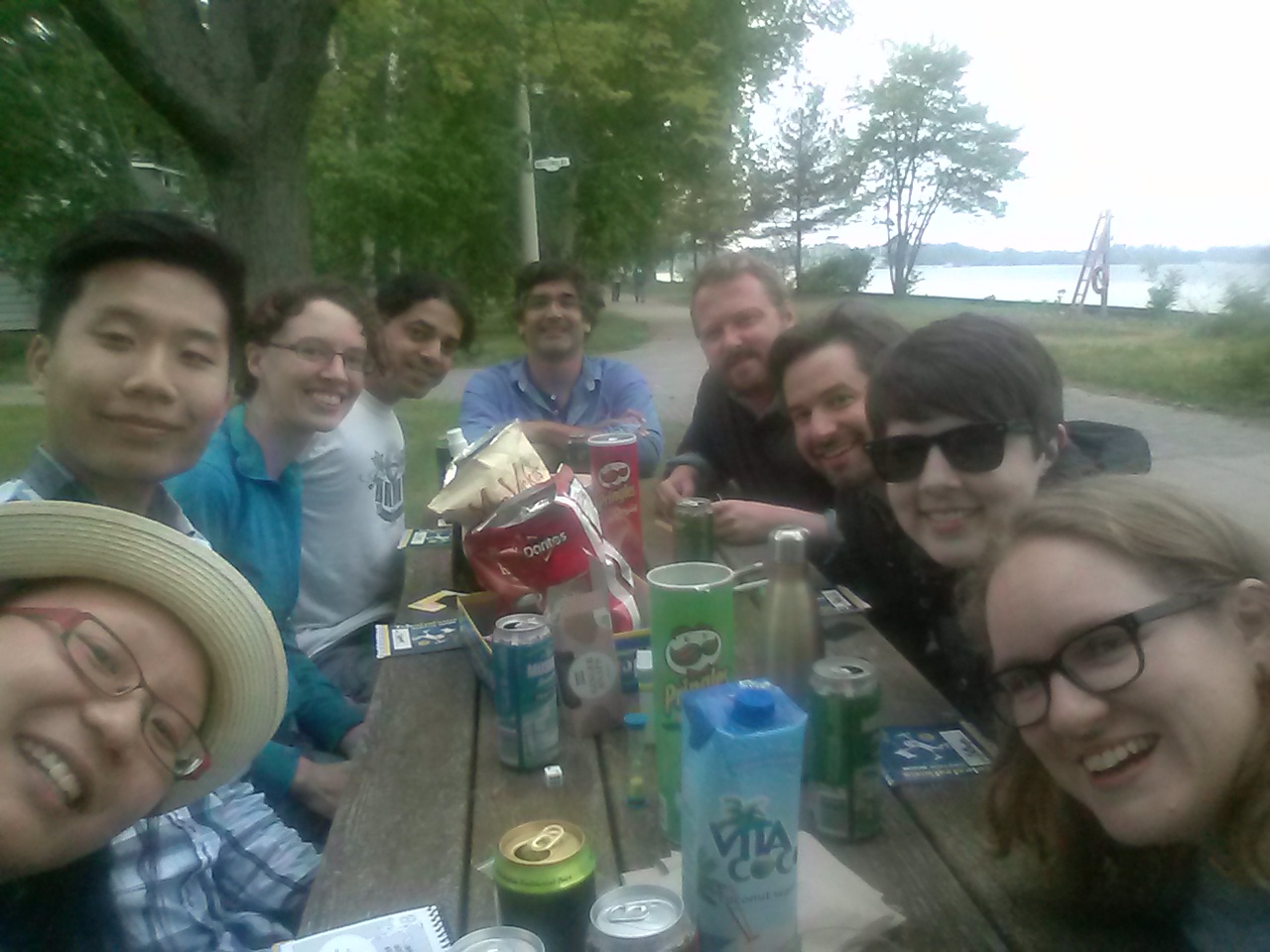In the world of IT consulting, the group of people that you work with generally change every 6 to 12 months, as a project and/or your role on that project has a finite start and end date. Often when a person’s role on the project ends, there is a roll-off party held for her as she “rolls-off” the project. It’s one small way to recognize and thank that person for their contributions to the project. Several weeks ago, I was invited to a roll-off party for a friend who was also leaving the company. I was excited to see some of my friends and colleagues who, uncharacteristically for IT consulting, I had worked with through many years. It ended up being a somewhat bittersweet reunion with my former colleagues.
The Bitter
There was laughter at the table as they shared another story about another crisis that occurred and how they managed to right the ship. It was the same type of stories we’ve been swapping for years, populated with a cast of the same colleague and client personalities. The issues, while different, are bound in their similarity by occurring in the same or similar complex landscape. Multiple business units coexisting with different business rules. The many different client team members in different functions working in these business units, often with competing interests. Vast amounts of operational data required to enable their business to function. A complex spaghetti of back end technical infrastructure as a result of mergers, history, and business growth. And the multi-year IT program we were part of to implement and integrate their IT systems. It was not unlike being on a Tolkien quest to deliver “the one ring to bind them all”.
In short: it’s hard work. You are placed in teams for a relatively short amount of time, and disbanded after the project is done. Continue reading The bittersweet reunion with my former colleagues →




